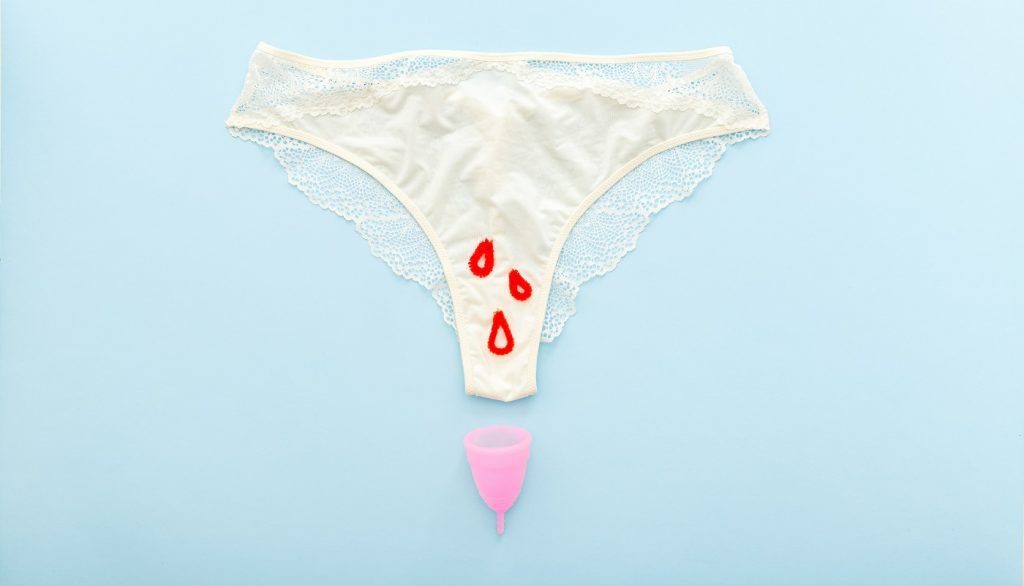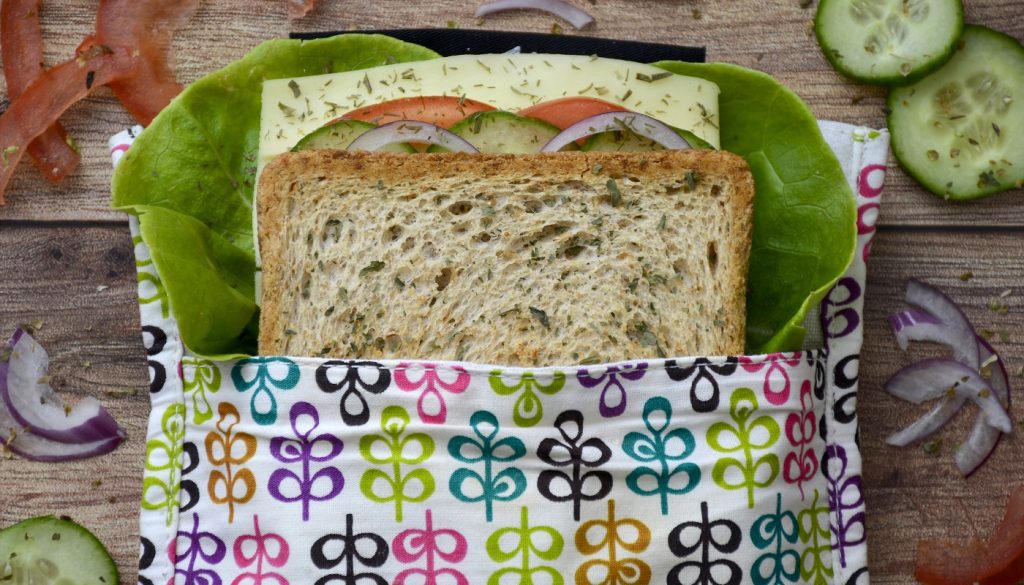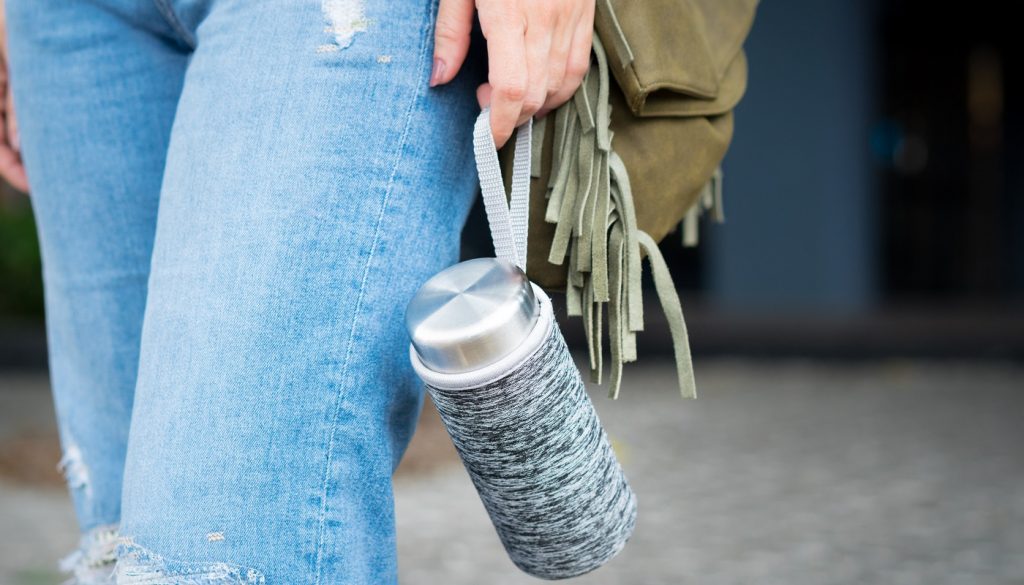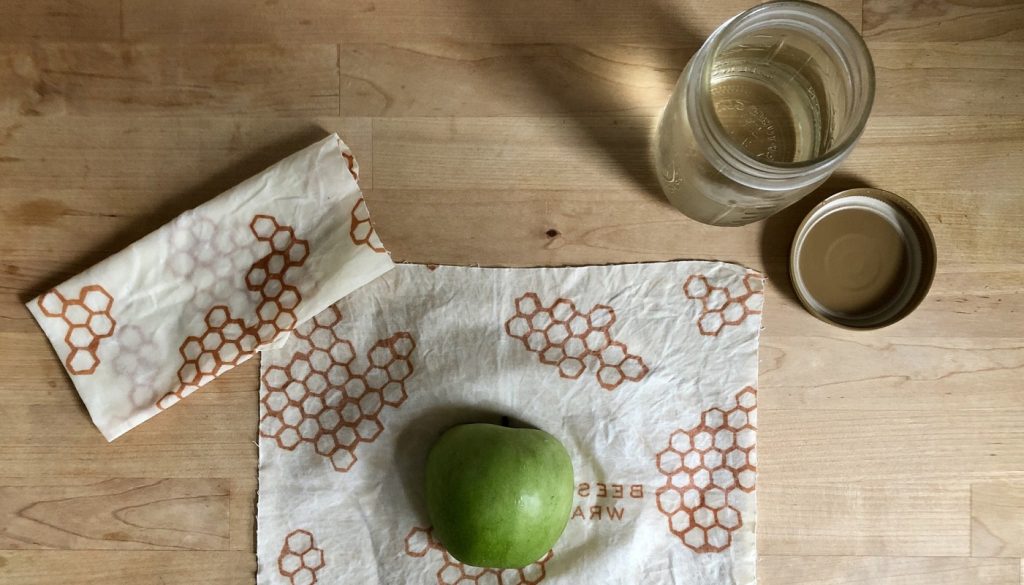The phrase "recycling crisis" isn't an overstatement. As a Californian, I've seen the crunch ever since China decided that they didn't want my state's waste (or anyone's for that matter). We've had to work harder to separate plastic from cardboard to appease our trash management company. But our family's small amount of weekly recycling waste is but a drop.
Why the world needs recycling startups
Climate change needs to be tackled from every angle, from eco-minimalism to more ethical sourcing to shipping to recycling. Recycling is big business. The chance to solve the problem in a sustainable way will not only help the planet, but will also bring the promise of profits. By 2025, the global waste management industry is predicted to be worth USD $530 billion. That's a big jump from the $330.6 billion market size of 2017.
Every year, the world dumps 2.12 billion tons of waste, in part because 99% of purchases are trashed within 6 months. This makes sense when you think of your grocery store and pharmacy store purchases.
Recycling is a tough problem to fix. Recyclables are easily contaminated by the products they contain or other products. They might be made up of mixed materials which are hard to separate. Just letting things pile up in a landfill isn't the solution either, sicne landfills emit carbon dioxide and other hazardous chemical compounds into the atmosphere. What's more, landfill muck ends up in rivers and oceans. By 2050, there will be more plastic in the ocean than fish if our current lifestyles and waste management habits continue.
7 exciting recycling startups to check out
These 7 recycling startups are addressing this monumental issue.
1. Loop by TerraCycle
TerraCycle is a social enterprise (a for-profit business that does good) that eliminates waste through various programs. One of their more popular programs is Loop, which collaborates with brands, retailers, manufacturers, and wholesalers to make fast-moving consumer goods like food and bathroom products easy for consumers to refill.
2. Apeel Sciences
Apeel reduces the amount of food waste with its "extra peel." Basically, fruits and veggies are coated with a protective seal made up of natural materials (that naturally exist in peels, seeds, and pulps of different sorts of produce). It's "plant-based protection" helps lower the amount of waste created during packing, shipping, and selling at a grocery store.
3. Agilyx
Agilyx's mission is to create a circular economy of plastic, so that plastic waste can be converted to food-grade material more easily. By upcycling plastic material, the company saves 75% of CO2 emissions when compared to creating plastic packaging from scratch.
4. Vericool
Vericool is very cool. The company is on a mission to eliminate the use of styrofoam, which isn't compostable or recyclable. They make packaging from plants, so that the items are compostable. The company specializes in making packaging for cold shipments.
5. Rubicon
Rubicon specializes in e waste recycling for businesses and governments. You can rent recycling equipment, or send in mass amounts of waste to recycle. They can handle e waste and other equipment, and will seperate the pieces to recycle them properly.
6. Grycle
An Italian startup, Grycle aims to take common waste and recycle all of it's parts. Writer Riccardo Buttarelli explains:
Through a meticulous process that we here brutally summarize, Grycle is able to grind and compress the materials that it treats thanks to an automated system, which separates each material in different spaces, to obtain pure substances ready to be reused. As a practical example, a plastic bottle is not made of homogeneous plastic, but of three different materials: the body of the bottle, the cap and the label. Each of these three substances must be treated differently in order to be reused and Grycle allows this process to be implemented. - Riccardo Buttarelli in an article for We The Italians
7. Syntoil
Syntoil turns old car tires and rubber waste into various renewable substances that can be used to build industrial products. By recovering carbon black from existing waste, the market for new carbon (and its new emissions) will reduce. The rubber industry is a major carbon player, so this technology has a far-reaching impact.
“It was extremely difficult to develop this technology. The past three years were dominated by a series of mistakes and attempts to repair them. In this industry, errors, iterations, and repairs are not only time-consuming but also expensive. I’m glad that we had patience and perseverance to get where we are today.” - Martyna Sztaba, CEO and co-founder of Syntoil
Recycling is often seen as a good thing. And sure, it’s better than sending something to a landfill, but recycling in itself is a massive problem. So don’t forget the other R’s: reduce and reuse.





